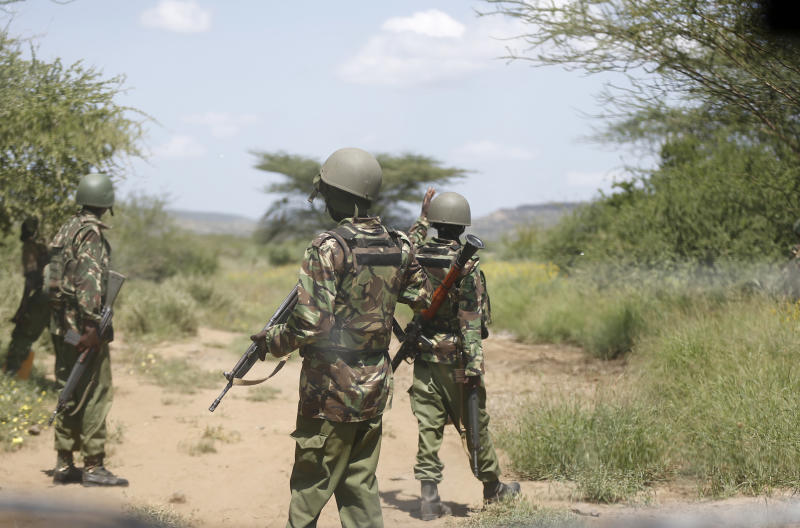×
The Standard e-Paper
Join Thousands Daily

Frequent banditry attacks and killings of security officers have simmered in Kapedo at the border of Baringo and Turkana counties for decades.
The spillover of the conflict and economic collapse has caused ties between the two counties to fray as well, amid border closures, displacement of people and a security operation that is underway to rid the region of illegal firearms.